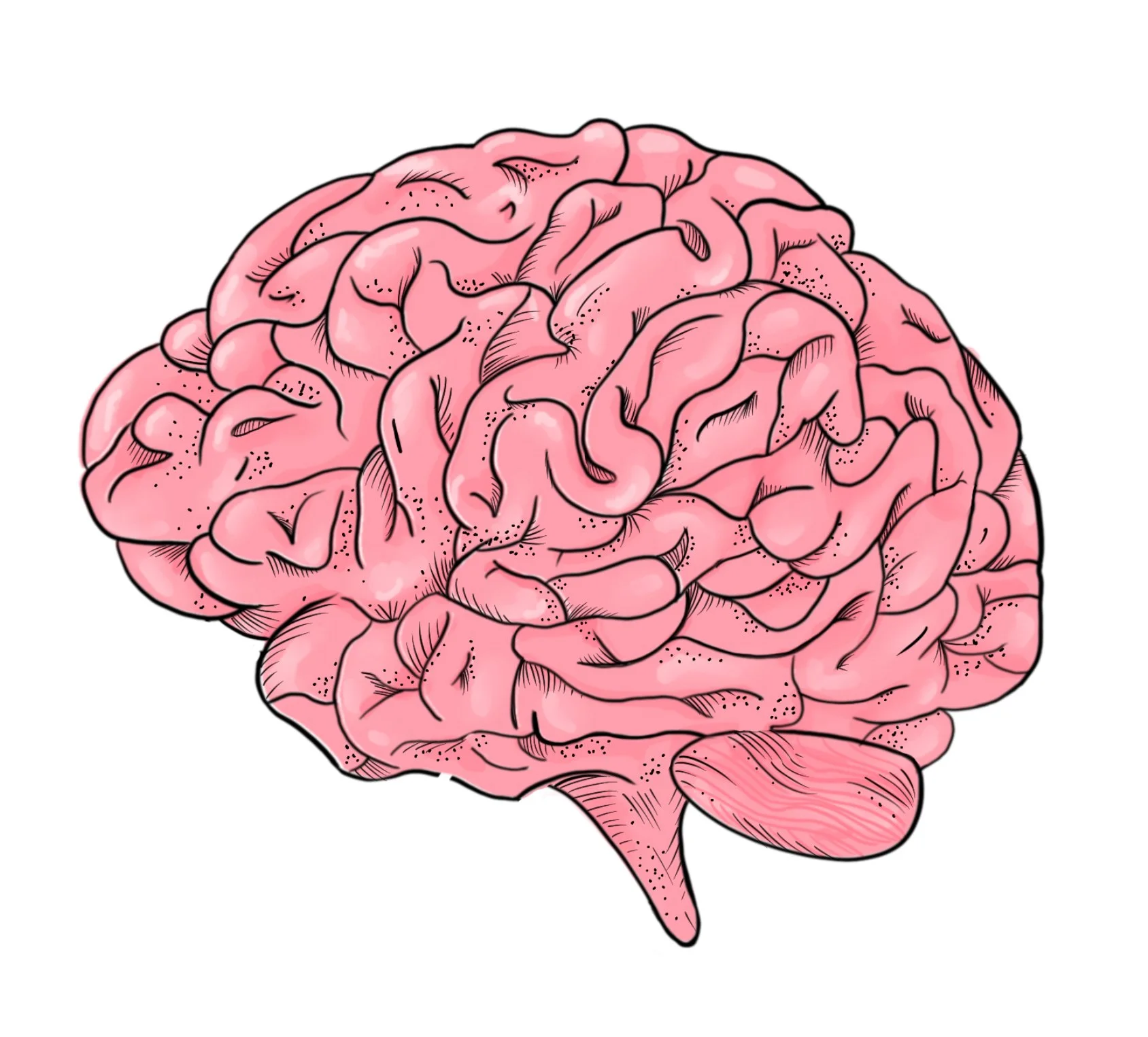Neurodivergence and Creativity
Copyright Rachel Lewis 2019
Anyone else recently diagnosed themselves with adult ADHD (thanks to TikTok) or is it just me? Okay, yes, it’s super trendy to talk about and wonder whether or not you have ADHD right now, but trends generally happen for a reason.
In addition a more professional diagnosis of depression and anxiety, I’ve started to wonder if some of my impulses and habits could contribute to a possibility of ADHD. If I look at my family, I’m quite convinced all three of my siblings have it, and probably my parents too. But here’s the kicker: I’m pretty sure I like it.
Here’s what “they” say some of the symptoms are.
According to WebMd some adult ADHD symptoms may include:
Impulsiveness
Poor time management skills
Problems, or hyper-, focusing on a task
Excessive activity or restlessness
Frequent mood swings
Problems following through and completing tasks
Trouble coping with stress
So yeah, doesn’t sound too great does it? I hope I’m not decreasing anyone’s faith in me by admitting that I do struggle with most of these things often, but what I want to present is that sometimes a curse is a gift and I can understand why people are starting to view neurodivergence in a more positive light.
Wait, pause. What is neurodivergence? Let me explain.
neurodivergent
/ˌn(y)o͝orōdəˈvərjənt,ˌn(y)o͝orōˌdīˈvərjənt/
adjective
differing in mental or neurological function from what is considered typical or normal (frequently used with reference to autistic spectrum disorders); not neurotypical. (Webster, 2022)
According to Exceptionalindividuals.com the four most common presentations of nerurodivergence are ADHD, Autism, Dyslexia, and Dyspraxia (dyslexia with numbers). So it all just sounds bad right? People with these problems are often viewed in a negative light. Or just generally misconceived. Common thoughts are that people with Autism can’t socialize, but they’re probably good at math. Or people with dyslexia hate to read because it’s hard. While these generalizations can be true, they monumentally oversimplify these disorders and remove the humanity from the individuals.
So I’m going to go out on a limb and describe a few positive sides of some of the symptoms of ADHD in adults, as I’ve experienced myself.
Impulsiveness- or as I like to call it: the ability to take risks when no one else will. Sometimes risks need to be taken for fresh ideas and new concepts to be born. I have found time and time again that my willingness to “just try” something often creates great results and speeds creative processes. The other benefit of this is the ability to push aside fear or inhibitions. This keeps me confident, even when challenges arise.
Poor time management skills- for me this one used to ring very true. However, I knew that this was something I wanted to overcome. So the challenge became a problem to solve. I have learned to keep a clock in every room, keep a daily task list, and a physical calendar as well as a digital one. This challenge used to make me afraid of doing things like going back to school, but when I decided that that wasn’t a reason NOT to do something, I learned how to deal with it, and I was almost never late on a single assignment.
Hyper-focusing (or trouble focusing)- obviously no one wants to struggle to focus on something. Just like I mentioned with time management though, this can actually be improved when you know what the challenge is. This is of course one of the most dominant symptoms of ADHD, or at least the most talked about. And when it comes to hyper focusing well, that’s my special gift haha. And while I've found frustration with myself over this, I’ve also come to love it. Hyper-focusing helps me get tasks done in extremely fast timeframes. It helps me feel excited to complete a project and makes me want to work hard on it. I don’t know 100% sure I have ADHD, but when I get into hyper-focus, nothing can stop me. It’s like this timer suddenly switches on in my brain and I’m about to run a race that I hope to win. It doesn’t matter if I’m sick, if I am too broke for the supplies or that no one cares what I’m doing. I have to do it.
This need to accomplish tasks has made me extremely industrious. It has me working to use what time and resources I have on hand. It helps me think creatively and outside of the box. I absolutely love this about myself, and I think this hyper-focusing part of me has taught me how to think uniquely and I wouldn’t medicate that, no way (though I could completely understand if someone else would)!
Okay, so there’s a lot more to talk about. But those are the three major ones I’ve dealt with and have learned to live with/appriciate. While I feel like I relate to so many of the ADHD symptoms, I think that the ability to be self-aware is by far a more valuable trait. If you know yourself, know your challenges, then you can problem solve how to get better. I would actually wager that most artists and creatives have some form of neruodiveregnce. I believe it makes us better creators.
So I guess what I’m saying is, if this is you, or you have another mental or physical disability, I’d challenge you to see it as a gift, look at it in a positive life and ask, do I really want to be like everyone else?
Check out some good resources and look for a part two to this blog in the future!
The Power of Different (a book)
Cheers!
